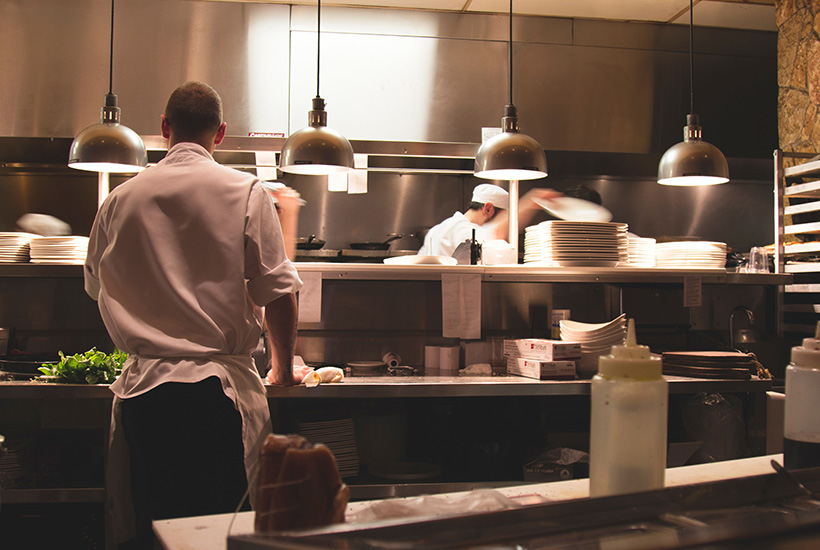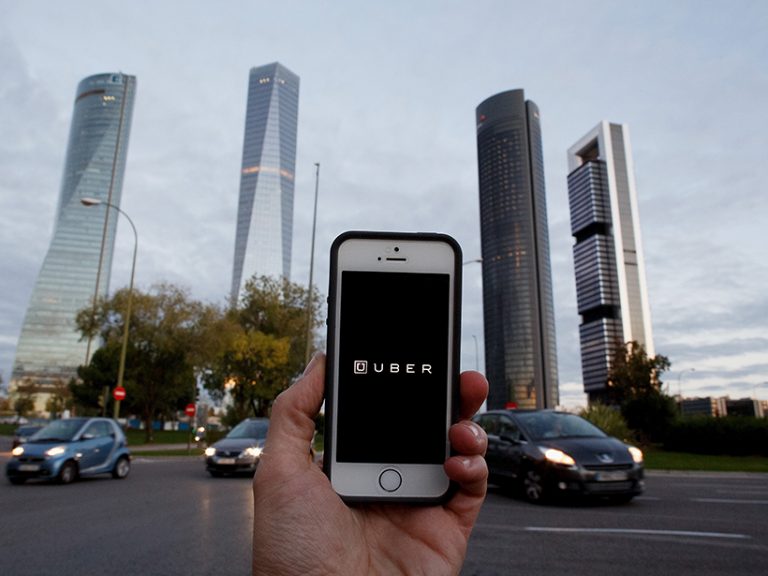‘Ghost kitchens’ to fill empty shopping centre spaces

Property developers are building kitchens in empty mall space and parking lots to fill food-delivery orders, a new approach in the fast-growing business of shuttling meals to customers.
The plan to make restaurant food for delivery in former retail space melds two industries that have been upended by e-commerce. Restaurants are struggling to find a cost-effective formula for meeting the growing demand for delivery of online food orders.
Meanwhile, developers say “ghost kitchens” can create new interest in retail and warehouse space vacated by merchants that have struggled to compete with e-commerce.
Retail developer Simon Property Group and hotelier Accor said they were working with hospitality company SBE Entertainment to develop some 200 commissary kitchens to cook restaurant-quality food for customers at malls and hotels as well as delivery for people nearby. The first of those are planned for New York, Chicago, San Francisco, Los Angeles and Miami, SBE chief executive Sam Nazarian said.
The companies say a ghost kitchen in a Brookfield Properties development will provide delivery for the nearby Hudson Yards and surrounding areas in Manhattan. The group will also develop delivery-only locations in mall parking lots, storage areas and unused retail space.
The group has also signed four leases with CloudKitchens, the delivery-kitchen venture of former Uber Technologies CEO Travis Kalanick, to open additional delivery locations at some SBE properties in Los Angeles, executives said.
“It’s relooking at all real estate that is obsolete,” Nazarian said. SBE is the biggest stakeholder in a consortium that it, Simon and Accor are calling Creating Culinary Communities. Accor has a 50% stake in SBE.
Delivery now accounts for roughly 9% of the $US282bn ($420bn) US fast-food sector and is growing faster than dine-in and drive-through sales, according to a recent Bernstein analysis.
Restaurants are expanding their delivery offerings to generate sales despite the impact those orders often have on their profits. The remote kitchens can reduce their real estate costs while expanding their reach.
Wendy’s Co, Chick-fil-A and Sweetgreen are among chains turning to remote kitchens to move delivery orders outside their existing restaurants.
“It’s about unlocking additional demand,” Sweetgreen CEO Jonathan Neman said.
Some property developers and start-ups are seizing the opportunity to build and lease those “ghost” or “dark” kitchens.
The SBE-led consortium plans to build kitchens in empty space it owns at properties such as Pennsylvania’s King of Prussia Mall, one of the biggest shopping centres in the US, along with Lenox Square in Atlanta and the Sanderson London hotel.
The group aims to open 85 kitchens this year and at least 100 more by the end of next year. They anticipate spending about $US60,000 on upfront costs at each location and reaching profitability in about six months if a kitchen fills about 125 orders worth $US30 each a day, Nazarian says.
The Wall Street Journal
This article originally appeared on www.theaustralian.com.au/property.






